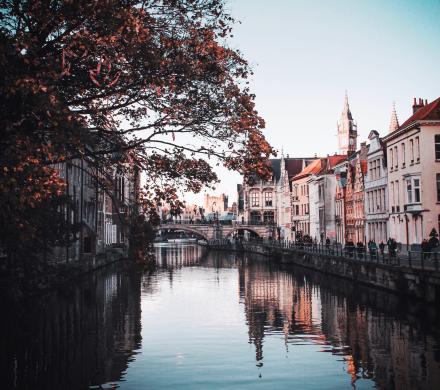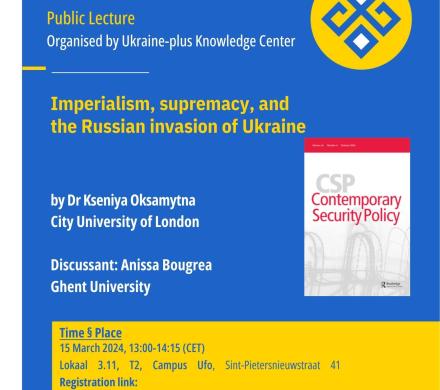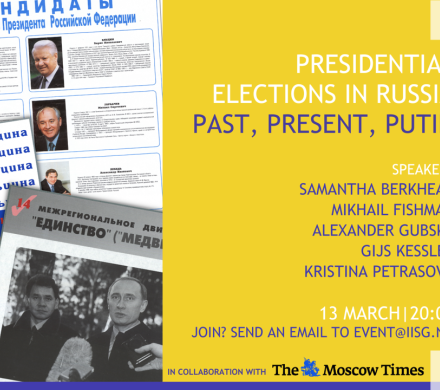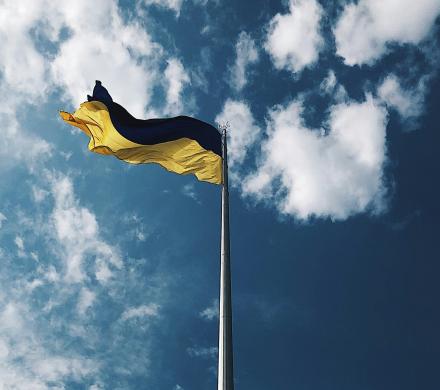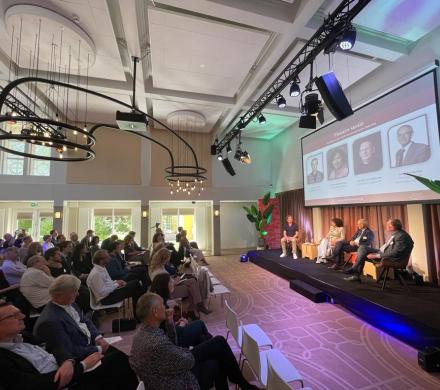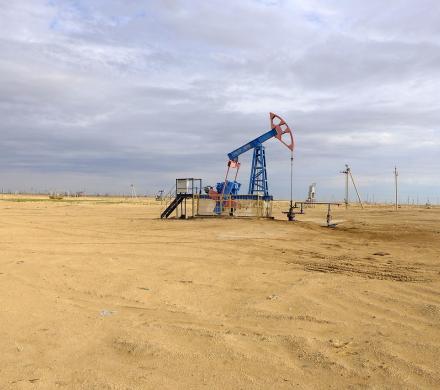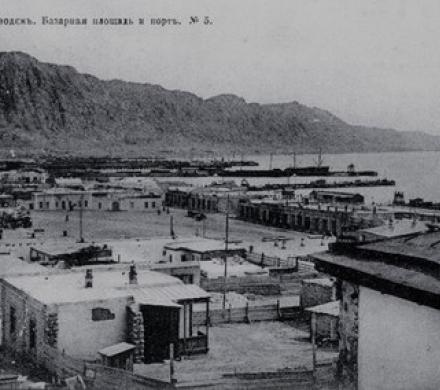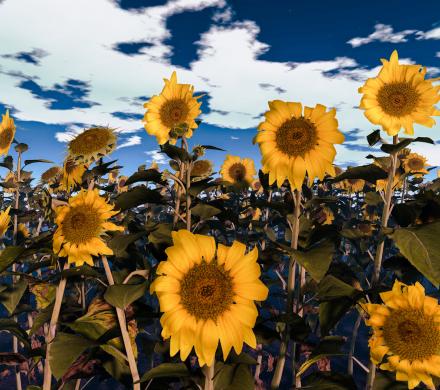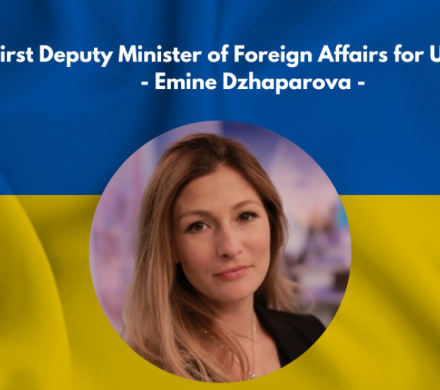Geopolitics
Workshop 'Interethnic relations in times of wars: the case of Georgian/Abkhaz and Armenian/Azerbaijani relations'
Abkhaz, Armenians, Azerbaijani and Georgians have long co-existed in a region framed as the South Caucasus. These different ethnic categories result from socio-political constructions that are rarely questioned. Playing a pivotal role in the wars that have unfolded in the region, ethnic categorization is particularly central in shaping current antagonizations. Since the late 1980s, the coexistence of differently ethnicised populations in the South Caucasus has been deeply challenged by a series of conflicts, wars and pogroms. Since 24 February 2022, the co-existence of Abkhaz, Armenians, Azerbaijani and Georgians has been unfolding against the backdrop of Russia’s full-scale invasion of Ukraine, bringing an additional layer of complexity.

